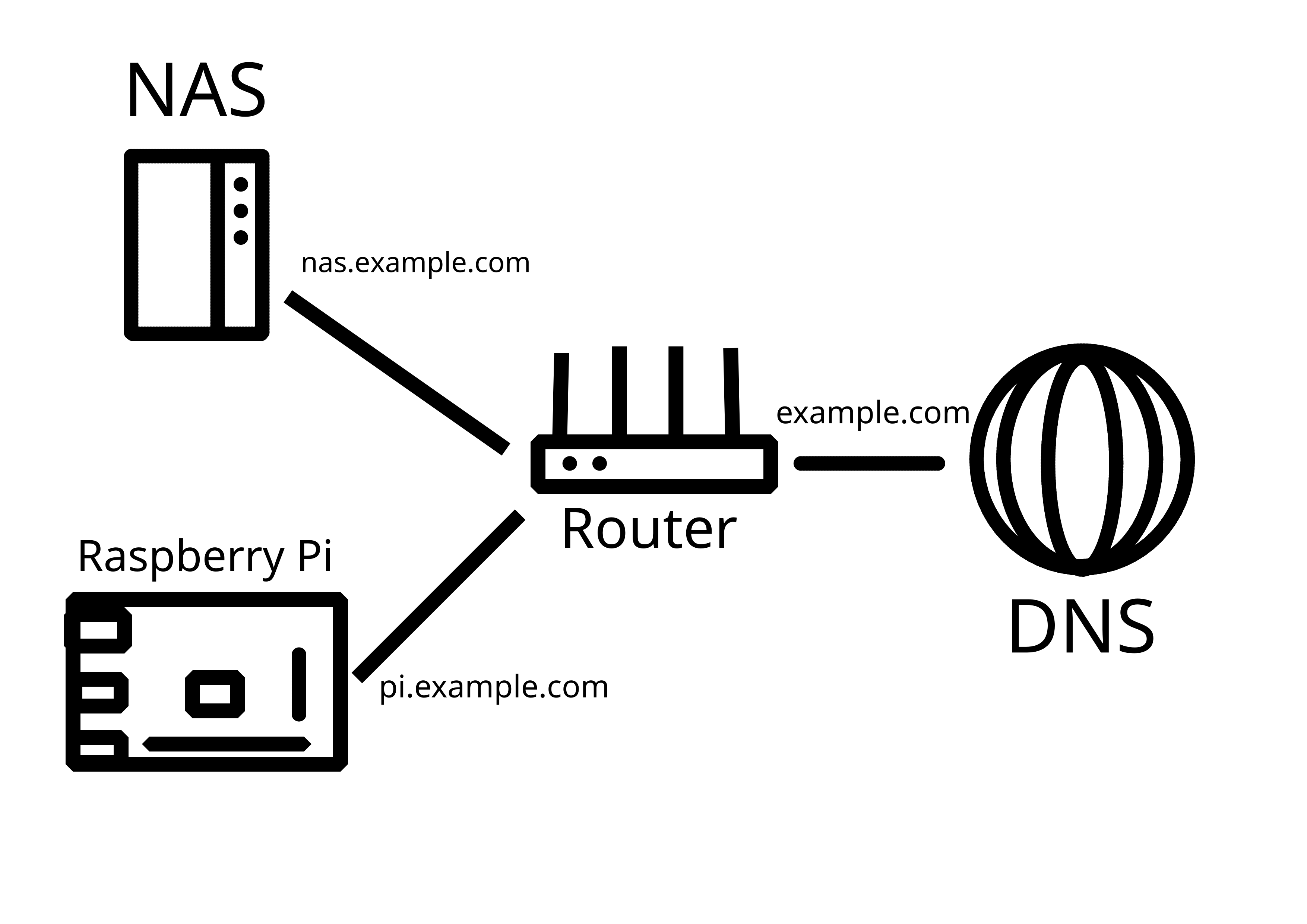I absolutely hate licorice, but my girlfriend is sitting there asking me to share the gospel on what a great thing licorice is
(not me downvoting)
I understand the concern with locally made software. However, I'd rather see something open-source come from the US than something closed source come from my own country.
Speaking of Konqueror, what about Falkon? It is the newer option by KDE team, and works on a more modern engine. And, it works on Windows.
Thanks! Happy to know it got resolved, and I hope you had a nice vacation!
Wait, wait, wait.
So, some trucks burned down in Germany, then a random pro-Russia Telegram channel claimed it's Russian saboteurs burning down Ukrainian trucks (something that we know is not true because they had Bundeswehr signs), and journalists just took it from there?
Is it how serious journalism is done? If a random person claims it's ISIS burning down Palestinian trucks, will it be seen seriously?
At this point, it's just journalists wishing it to be true to have a striking article. With all atrocities Russia commits, this one would make no sense and is confirmed by zero reputable sources.
Of course I mean pure ungoogled Chromium, without bloat on top.
Not only browser code consists of millions of lines, it is also audited by thousands of people, and, importantly, changes can be highlighted, which doesn't allow for them to go unnoticed.
Successful mass attacks with OSS typically require much more skill and resources as you need for you malicious code to be written in a way that stays unnoticed (and eventually, rather soon, it will be discovered, with all consequences).
With closed source programs, integrating malicious code is easy, and this code can stay there unnoticed for ages, so they are 100% "trust me bro, I don't do anything bad".
So, yes, OSS is more secure.
No, it's a feature
12 is the most based number in that respect IMO.
But then...hey, we use that for hours!
Firefox is open source, and while it takes some shady practices to fund it (it sure isn't cheap to run your own damn engine alongside everything on top), I take it as a more tenable compromise. It's not about free as in beer freedom, it's about basic security.
You can also have degoogled Chromium which is open-source if you're into it.
Kinda, but I would like to tailor my experience a bit more than "all or nothing".
IceCat is directly a GNU project, so it's highly ideological - which is important and respectable in a way, but then it gets adoption to near-zero because most sites just don't work out of the box, and to make it work properly means completely removing all safeguards that make IceCat make sense. There's little in between.
I'd rather have something like LibreWolf, but without phone-home functionality, or at least a switch to turn it off. Out of all Firefox forks I know, only IceCat respects user privacy in this way - 0 connections on startup, and then only connection to actual site and whatever it requires.
Opt-in telemetry (ideally - leveled) and manual bug information sending are totally fine, though.
Nothing in the browser should be proprietary. Any proprietary part is a possibility of malice, and browsers are mission critical.
Huh, I was under the impression the total coal capacity is still growing, not the speed at which new coal plants are built. Thanks for that piece!

For now he's a candidate from the Democratic party